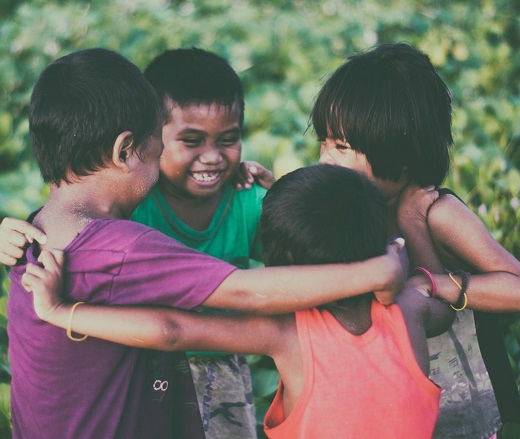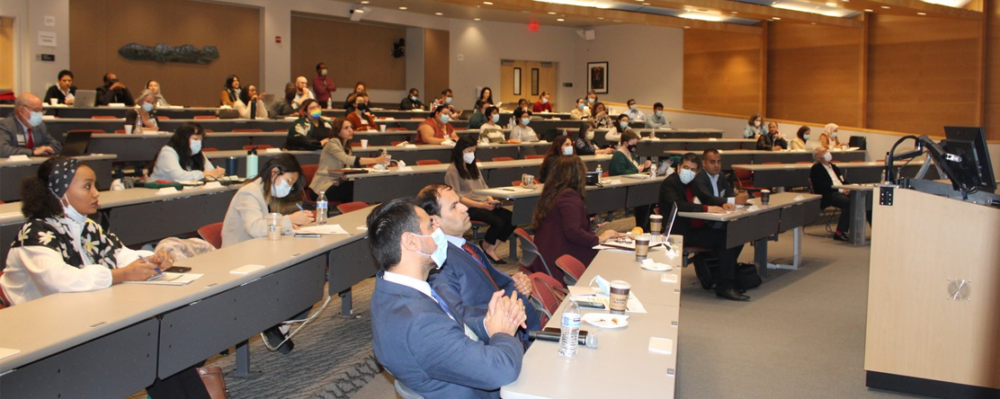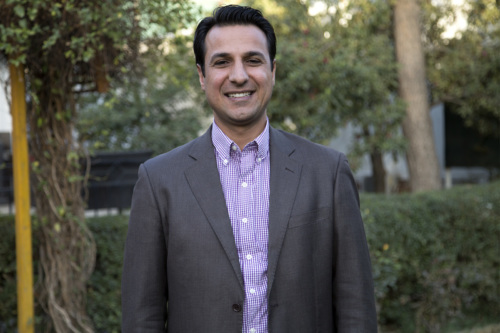
Adverse Childhood Experiences
The effects of childhood trauma can last a lifetime. Studies show that children with higher rates of Adverse Childhood Experiences (ACEs) face an increased risk in adulthood of chronic health problems, mental illness, substance use and violence. To help address this, PHI conducts research on the impacts and prevalence of childhood trauma and its intersections with other health issues; convenes leaders from across sectors to find new, collaborative solutions; and devises messaging strategies and campaigns to help reduce ACEs, support resilient communities, and improve health outcomes.
Our expertise can make your work stronger
See how PHI can work with you to support or lead your work on this issue.
Our Impact
See all Adverse Childhood Experiences Impacts

- 62% of Californians experienced one or more ACEs, according to a Center for Youth Wellness study co-released by PHI
- 400+ people attended the 1st annual ACEs Summit, hosted by PHI's Population Health Innovation Lab
- 73% of participants in a BMSG training said it strengthened their ability to use data to make their case for addressing ACEs to “advanced” or “intermediate/advanced”

Programs

Work With Us
You change the world. We do the rest. Explore fiscal sponsorship at PHI.
Support Us
Together, we can accelerate our response to public health’s most critical issues.
Find Employment
Begin your career at the Public Health Institute.












